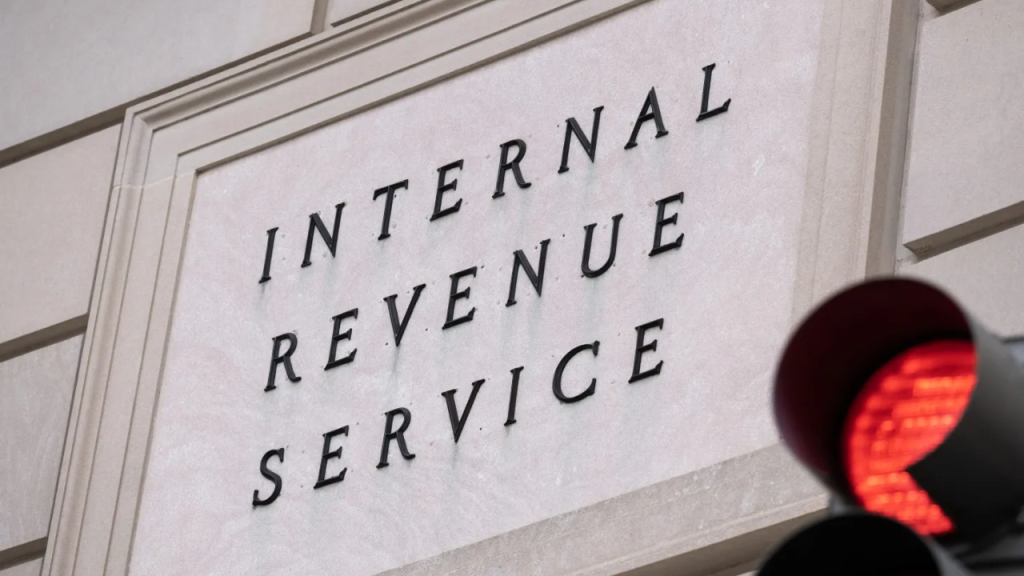
The Internal Revenue Service (IRS) has introduced significant changes to tax reporting requirements for digital income, impacting millions of Americans who earn through online platforms, cryptocurrencies, and digital assets.
These updates aim to enhance transparency and ensure compliance in the rapidly evolving digital economy.
Lowered Reporting Threshold for Online Payments
Starting with the 2024 tax year, the IRS has reduced the reporting threshold for third-party payment platforms like PayPal, Venmo, Etsy, and eBay.
Previously, these platforms were required to issue Form 1099-K to users who received over $20,000 and had more than 200 transactions annually.
Now, the threshold has been lowered to $5,000, meaning more individuals will receive this form for their online earnings.
This change is part of a phased approach:
- $5,000 threshold for 2024
- $2,500 threshold for 2025
- $600 threshold for 2026
Taxpayers are reminded that all income, regardless of the amount or whether a Form 1099-K is received, must be reported on their tax returns.
Mandatory Reporting of Digital Asset Transactions
The IRS now requires taxpayers to answer a specific question on their tax returns regarding digital assets:
“At any time during the tax year, did you: (a) receive (as a reward, award, or payment for property or services); or (b) sell, exchange, or otherwise dispose of a digital asset (or a financial interest in a digital asset)?”
This question appears on Forms 1040, 1040-SR, 1040-NR, and others. Taxpayers who engaged in digital asset transactions must answer “Yes” and report all related income.
Digital assets include:
- Cryptocurrencies (e.g., Bitcoin, Ethereum)
- Stablecoins
- Non-fungible tokens (NFTs)
Income from these assets is taxable and must be reported accurately.
Introduction of Form 1099-DA for Crypto Transactions
To streamline reporting, the IRS will introduce Form 1099-DA in 2025. This form will be issued by cryptocurrency exchanges and brokers to report digital asset sales and dispositions.
The form aims to simplify tax reporting for crypto investors and enhance the IRS’s ability to track digital asset transactions.
Importance of Accurate Record-Keeping
Taxpayers involved in digital asset transactions should maintain detailed records, including:
- Dates of acquisition and sale
- Fair market value at the time of the transaction
- Cost basis and proceeds
Proper documentation ensures accurate reporting and helps avoid potential audits or penalties.
